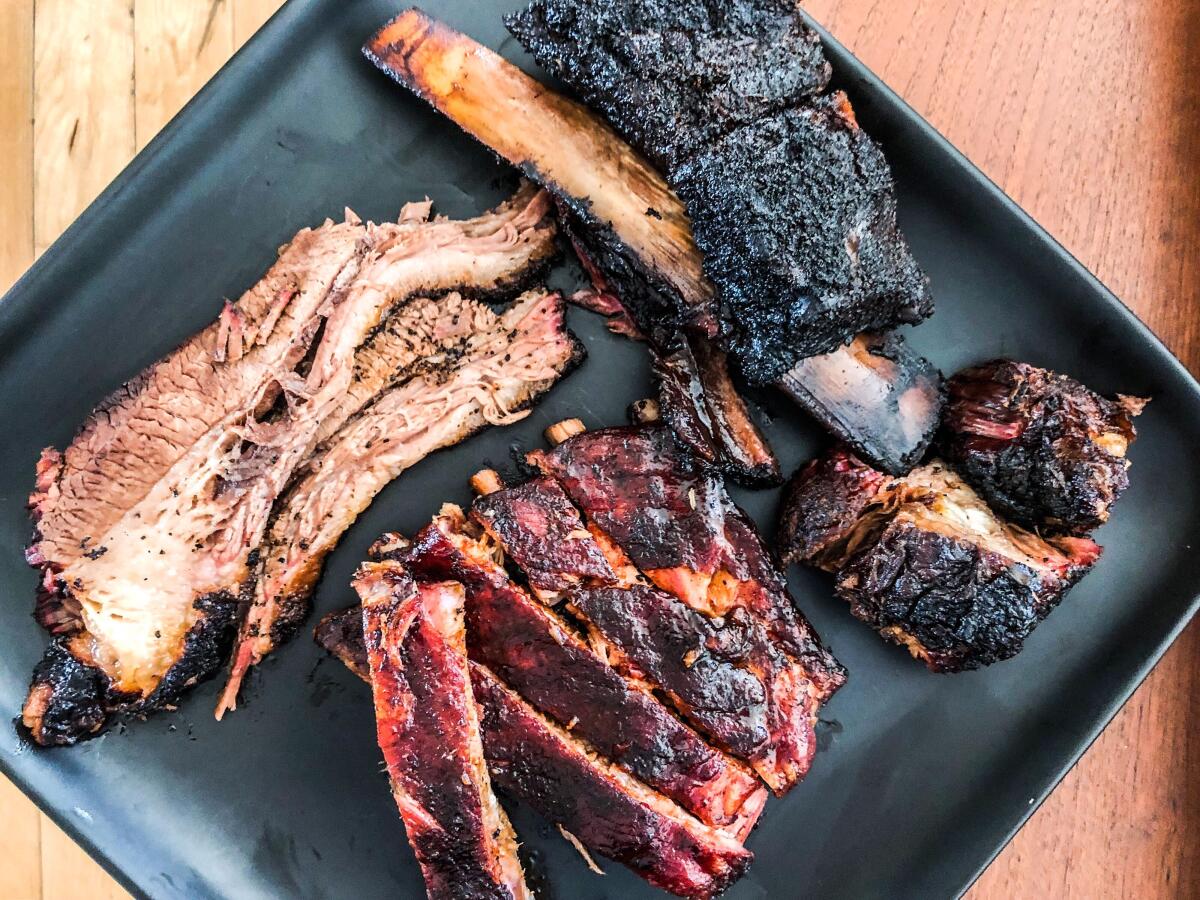A Word, Please: Is ‘alright’ all right? Alternate spellings can give writers (and editors) a headache

Can you wear a grey shirt to a back yard barbeque if, in your judgement, it seems alright because your accoutrements match the ambiance? Not on my watch.
Grey, barbeque, back yard, judgement, alright, accoutrements and ambiance are just a few of the terms I change on sight — not because they’re wrong but because these alternate spellings are considered subpar in the world of professional editing.
English has lots of words you can spell two ways. In some cases, one spelling is strongly preferred. In other cases, both are equally good.
But in the publishing world, you can’t just pick one based on your mood — even if it’s correct. The reason? A newspaper or book can’t have barbeque in one paragraph, BBQ in another and barbecue on the next page. Inconsistencies like that are sloppy and unprofessional. For editors, there’s usually just one right choice. So how do we know which spelling to use? Two ways: style guides and dictionary cues.
The Associated Press Stylebook makes the call on certain words for news media that follow AP style. For example, if you look up “barbeque” in the AP guide, you’ll see “barbecue … not barbeque, Bar-B-Q or BBQ.” That doesn’t mean that “barbeque” is wrong. It means it’s wrong in AP style. It also means that your reader is accustomed to seeing news outlets spell it with a C, so if you spell it with a Q, it will seem a little unprofessional.
Language expert June Casagrande offers slightly disguised examples of genuine failed sentences and how to fix them.
As for “backyard” — in AP style, it’s one word, but there’s nothing stopping you from making it two if you’re so inclined.
The Chicago Manual of Style, which is followed by book publishers, advises editors to use “all right.” “Avoid ‘alright,’ which has long been regarded as nonstandard.”
As you can see, these style guides are great — if you happen to be an editor and you happen to need guidance on one of the words they discuss. But what if you’re not an editor and you just want to make good choices?
A dictionary has the answers — but only if you know how to find them.
Imagine, for example, you want to choose between “ambience” and “ambiance.” You’ve seen both plenty and you know both are likely correct. So you search Merriam-Webster’s Collegiate and see this: “ambience; variants: or ambiance.”
The word “variant” is one way dictionaries indicate that one spelling is inferior to another, at least in that dictionary’s view. So Merriam-Webster’s entry tells you that “ambiance” isn’t the standard form in their assessment. If you want to follow this dictionary’s cue, use “ambience.”
Dictionaries have other ways of indicating their preferences. For example, Merriam’s entry for “grey” states that it’s a “less common spelling of ‘gray.’” Keep reading and you’ll see that “grey” is a “chiefly British variant of gray.”
Meanwhile, the entry in Webster’s New World College Dictionary, which is the go-to for AP style, tells you that “judgement” with two E’s is a “chiefly British spelling of judgment,” meaning American users in general and AP style followers in particular should use just one E.
Unlike AP, the Chicago Manual of Style doesn’t specifically discuss the word “barbecue.” In these cases, editors turn to the style guide’s designated dictionary, which for Chicago is Merriam-Webster. If you type “barbeque” into Merriam’s online dictionary, it redirects you to the entry for the verb “barbecue,” without so much as a nod to “barbeque.” But if you scroll down a bit to the listing for the noun, you see that the Q-spelling is a “less common variant” for barbecue. So Chicago Manual users arrive at the same answer as AP style users.
Sometimes dictionaries seem to have no preference at all. For example, “accouterment” and “accoutrement” share an entry in Webster’s New World, with the two spellings separated only by the word “or.” In these cases where dictionaries don’t point to a preference, editors follow a simple strategy: Use the first one. It may not be better, but at least you have a system for keeping every page of your publication consistent.
June Casagrande is the author of “The Joy of Syntax: A Simple Guide to All the Grammar You Know You Should Know.” She can be reached at [email protected].
All the latest on Orange County from Orange County.
Get our free TimesOC newsletter.
You may occasionally receive promotional content from the Daily Pilot.




